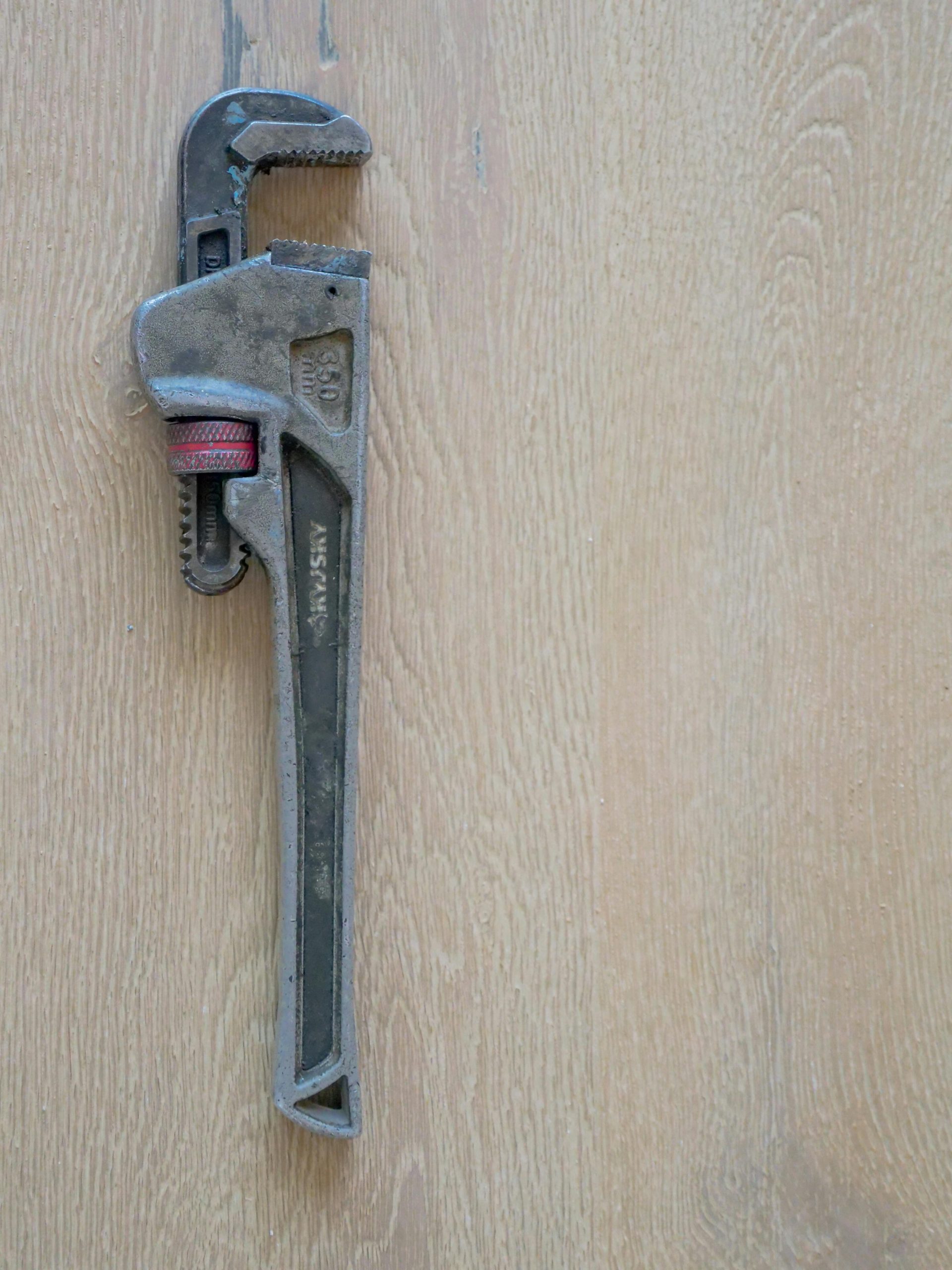Best Practices for Working with an Adjuster (General Liability & Property Damage)
I recently experienced significant damage to my home caused by a plumber who was replacing a pipe. Fortunately, they admitted responsibility and filed a claim with their insurance. Now, I’m patiently waiting for the claim to be acknowledged.
What are the most effective strategies for interacting with the adjuster? I want to ensure I receive full compensation, avoid unnecessary delays, and minimize stress throughout this process.
Since I’m not at fault in this situation, I’m concerned about being reliant on the insurance company’s decisions. Any advice would be appreciated!




Dealing with an insurance adjuster can be daunting, especially in a situation where you’re dealing with property damage caused by someone else’s actions. Here are some best practices to help you navigate the claims process effectively:
Document the damage thoroughly by taking clear photographs and videos of the affected areas. Note any items that were damaged or destroyed.
Collect Estimates:
If possible, get a blueprint or outline of what repairs are needed, especially if the damage is extensive.
Understand Your Coverage:
Familiarize yourself with your own insurance policy and any applicable coverages. This will help you understand what you might be responsible for and what the plumber’s insurance should cover.
Communicate Effectively:
Provide all requested information promptly to avoid delays.
Stay Organized:
Create a folder for all relevant documents, correspondence, and records related to the claim for easy reference. This includes receipts for any temporary repairs or expenses incurred due to the damage.
Follow Up Regularly:
Don’t hesitate to follow up with the adjuster if you don’t hear back within a reasonable timeframe. Maintain regular communication to keep your claim moving forward.
Know Your Rights:
Familiarize yourself with your rights as a claimant. Understand what the insurance company is obligated to do under state laws and their policy guidelines.
Be Prepared to Negotiate:
Be ready to negotiate if the initial settlement offer seems low. Present your estimates and documentation to justify your request for a higher amount.
Consider a Public Adjuster:
If you feel overwhelmed or believe the claim is not being handled fairly, you might consider hiring a public adjuster. They work on your behalf to negotiate with the insurance company.
Utilize Your Insurance if Needed:
Maintain a Timeline:
Stay Patient but Persistent:
By approaching the situation systematically and armed with the right information, you can effectively work with the adjuster to ensure a smoother claims process and hopefully get fully compensated for the damages.